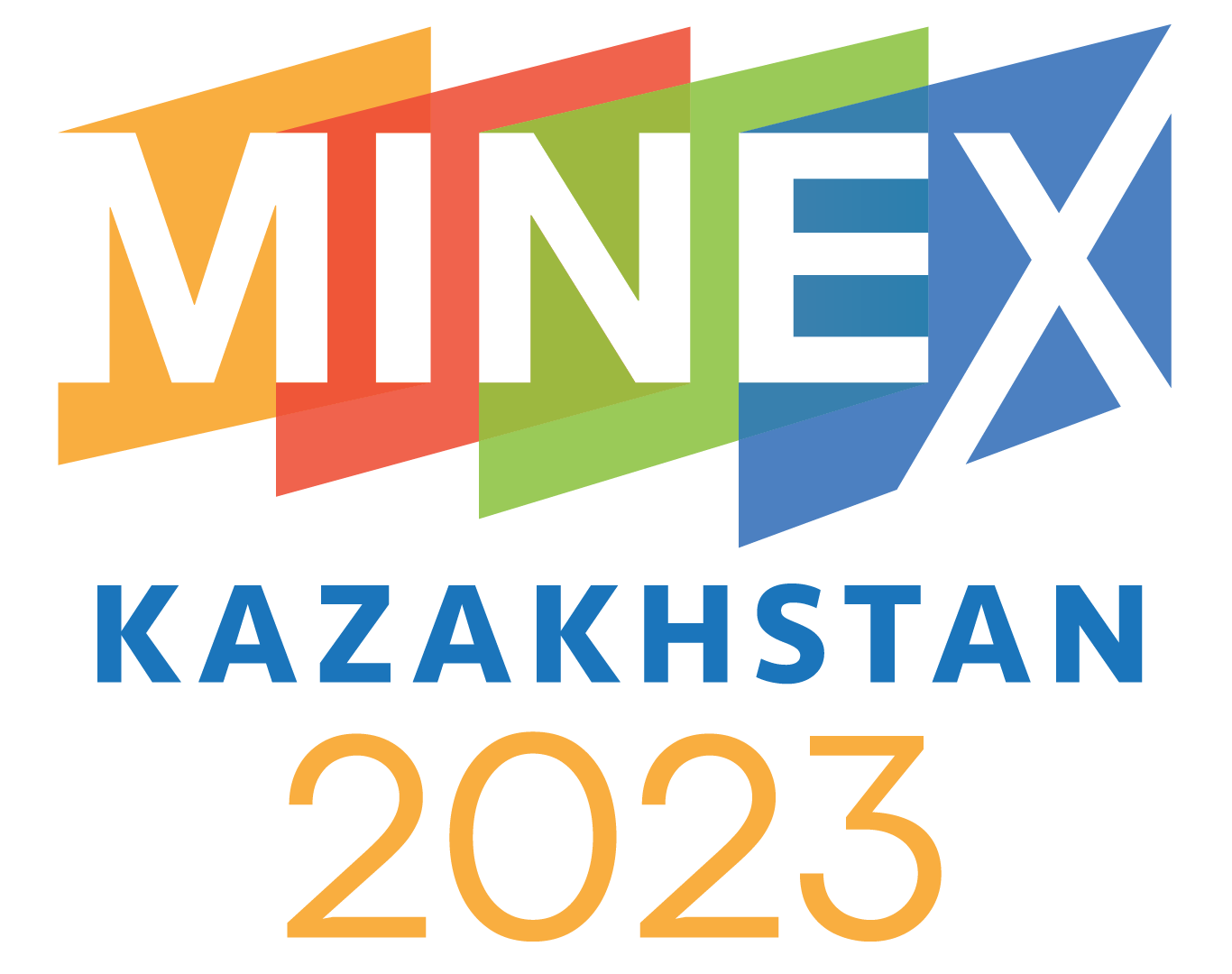Chile’s experience: how to squeeze out more income for Kazakhstanis from the resource-based economy

Is it all about resources?
Let’s start a little with history, namely from the era of stagnation of the USSR. This period is still perceived by people in different ways. Some associate it with a shortage of goods and long queues in stores, while others associate it with a period of abundance and stability.
The era of stagnation completed an almost 25-year cycle of economic growth, which was accompanied by an improvement in the quality of life of the population against the background of the oil boom in the 70s. But the “miracle” from expensive oil did not happen. On the contrary, despite the long-term growth of the economy, there was a “stagnation” – the incomes of the population began to grow, and the planned economy was unable to satisfy its growing demands for quality goods. As a result, there was an acute shortage of them.
Let’s start a little with history, namely from the era of stagnation of the USSR. This period is still perceived by people in different ways. Some associate it with a shortage of goods and long queues in stores, while others associate it with a period of abundance and stability.
The era of stagnation completed an almost 25-year cycle of economic growth, which was accompanied by an improvement in the quality of life of the population against the background of the oil boom in the 70s. But the “miracle” from expensive oil did not happen. On the contrary, despite the long-term growth of the economy, there was a “stagnation” – the incomes of the population began to grow, and the planned economy was unable to satisfy its growing demands for quality goods. As a result, there was an acute shortage of them.
The Soviet leadership tried to solve the problems that had arisen. For this, various documents were developed, such as, for example, a food program aimed at reducing the shortage of products. However, they did not give the expected results.
The fact is that the growing consumer demand can be quickly and accurately satisfied only in a market economy. The reason for this is simple: an increase in demand leads to an increase in prices, which in turn attracts additional suppliers to the market. At the same time, in the USSR, prices were regulated by the state, so the economy could not keep pace with consumer preferences, and the shortage of goods continued to increase.
Now back to modern Kazakhstan. Our economy has traditionally been characterized by high dependence on raw materials. Recently, due to the sharp dynamics of oil prices, a strong belief has formed that the raw material model has exhausted itself, and only the lack of diversification slows down the growth of incomes in the country.
Will Kazakhstan repeat the experience of the era of stagnation or are there countries with a similar portrait, but more efficient distribution of national income?
To select such a country, you must specify certain parameters. In our case, we set three restrictions. First, it is a similar per capita export, i.e. foreign exchange inflows range from $2,000 to $4,000. Secondly, the quality of the export basket is similar. And, thirdly, the per capita income of the population should be more than $3.3 thousand per year, i.е. higher than in Kazakhstan.
As a result, only one country, Chile, fits these parameters. Briefly describe this country, it is a unitary state with a population similar to Kazakhstan – 19.5 million people, and extensive internal distances – from north to south, the country is stretched for 4.6 thousand km. Chile’s economy is dependent on the export of downstream products – copper and agricultural products. At the same time, per capita GDP in Chile is comparable to that in Kazakhstan and amounts to $25-27 thousand at purchasing power parity.
However, the Chilean economy is more inclusive. The incomes of the population here are about 1.5-2 times higher than in Kazakhstan, inflation is at a significantly low level – 12.8% versus 20.3% in Kazakhstan, and life expectancy, which is an indirect indicator of its quality, is 5 times higher than in Kazakhstan. years.
What is the reason for such a difference between countries? It could be assumed that Chile’s success lies in their advantageous geographical location. But no, the state is removed from large and rich markets, like all of South America. The reason for more successful development, as pointed out by many well-known experts, lies in the internal factor, namely the quality of economic institutions. According to the Index of Economic Freedom (Heritage Foundation), Chile ranks 20th, and Kazakhstan is in 64th position.
If we compare the data of the two countries, then Chile has an undoubted advantage in the rule of law, in particular in the efficiency of the judicial system (Chile – 19th place, Kazakhstan – 117), freedom from corruption (Chile – 26th place, Kazakhstan 106), protection of property rights (Chile – 46th place, Kazakhstan – 79).
Chile also has more effective regulation – in terms of freedom of pricing, the country ranks 65th, and Kazakhstan – 151, in terms of doing business, the state is in 31st position, and Kazakhstan – 70th.
Chile is also characterized as a more open and competitive market – in terms of freedom of investment, they are in 52nd place, and Kazakhstan is in 120th place, in the financial sector they occupy 34th position, and Kazakhstan is in 95th place and in trade Chile holds 55th position, and Kazakhstan – 69th place
At the same time, it is important to note that Chile has consistently maintained a good position in economic freedoms for at least 25 years in all the areas mentioned. During this time, both marketers and socialists were in power, but the foundations of economic freedoms were practically not affected.
Thus, in world practice there is experience of a relatively successful resource-based economy, which is still able to ensure the growth of incomes of its population using market methods. Moreover, despite the pressure of the populist agenda in the neighboring countries of Latin America.
Therefore, before raising questions about diversification in Kazakhstan, it makes sense to clean out the underlying economic channels.



